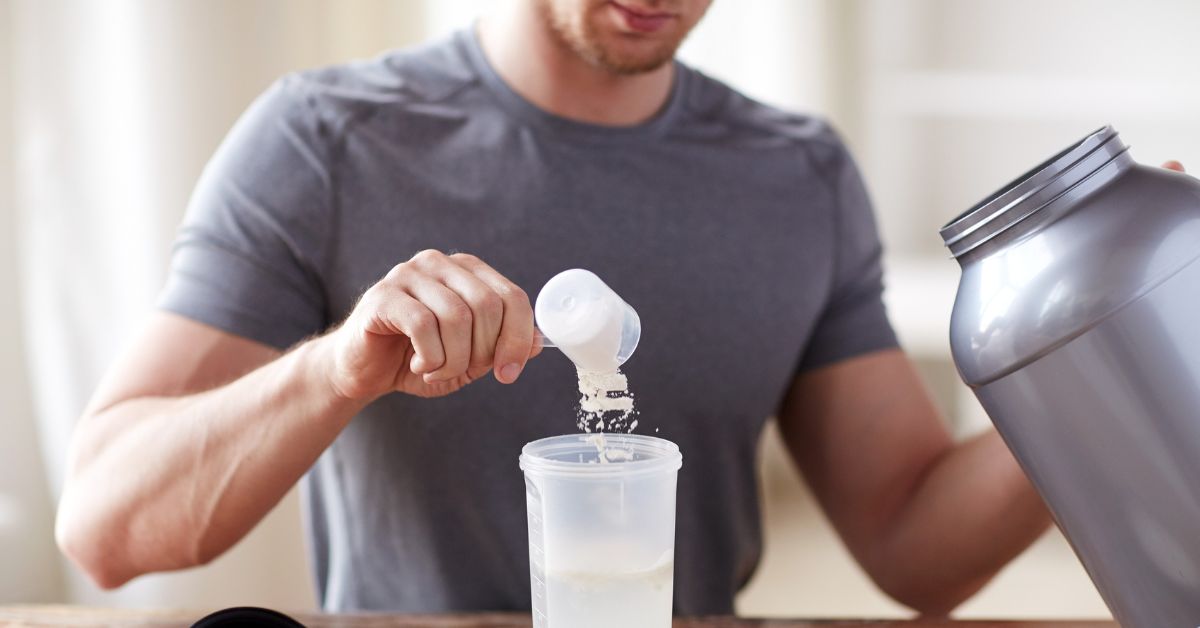When it comes to food, not much is more energizing than a glass of fresh-squeezed fruit juice. But drinking juice is more than a simple way to enjoy the sweet, tangy flavors of seasonal produce. You might have noticed that drinking juice to cleanse your body has become a popular trend — and you might be thinking about trying it. But what are the benefits of a juice cleanse, and can it really help you? Learn more to decide if juicing might be a helpful new addition to your health habits.
Why juice is good for you
When you make juice, you use different fruits and vegetables. As you sip, your body gets all the nutritious vitamins and minerals from that fresh produce. These vitamins and minerals help you feel healthy and energized. They can also help reduce your risk of developing some diseases and health conditions.
Juicing is a fast way to give your body those essential nutrients. Fruits and veggies have lots of fiber. When you eat them raw, your digestive system works harder to process those foods. Juicing removes the fiber, so it’s much easier for your body to digest the juice and absorb nutrients. If you seem to have a tough time eating your recommended daily amounts of fruits and veggies, juicing is also a great way to sneak them into your diet.
Many people do juice cleanses to lose weight. It’s important to remember that any juice cleanse weight loss you see is probably just water weight. When you start eating solid foods again, that weight can return. Use juicing mainly to enjoy a balanced, nourishing diet.
The best juices to drink (and their benefits)
The best juice cleanse drinks should offer lots of variety. They should have different fruits and vegetables blended in to give your body ample nutrients. Use a juicer to whip up these delicious, vitamin-packed blends:
- Cucumber, pear, lemon, spinach and mint for a blast of vitamin C and potassium
- Granny Smith apple, kale, cucumber, parsley and lemon for extra vitamin A, folic acid and antioxidants
- Watermelon, cucumber, lemon, lime and rosemary for a boost of hydration and energy
- Celery, cucumber, apple, pineapple, spinach, lemon and ginger to reduce inflammation
- Beet, blueberry, apple, carrot, broccoli, lemon and ginger to support heart and liver function
Should I do a juice cleanse?
During a juice cleanse, you replace your meals with fresh juices. Some people cleanse for a day or two. Others cleanse for a week or longer. A juice cleanse could be a helpful way to get more nutrients into your diet. Want to try some new fruits and veggies or use every bit of your purchases from the farmers’ market? Juicing helps you meet those goals. Try to keep your cleanse short — just one or two days is usually long enough.
If you have certain health conditions, juice cleansing may not be right for you. Cleansing can cause your blood pressure to drop. If you’re on medication that lowers your blood pressure, you might faint during a cleanse.
Homemade juices can have lots of natural sugars. These can cause your blood sugar levels to spike. If you have diabetes, avoid cleansing unless you get the OK from your doctor; it likely won’t help you keep your blood sugar levels stable.
Juicing is far from the only way to enjoy a healthier diet. Visit Mercy.com today to make an appointment with a nutrition specialist and discuss new recipes that can help you reach your wellness goals. A healthier you is right around the corner.






